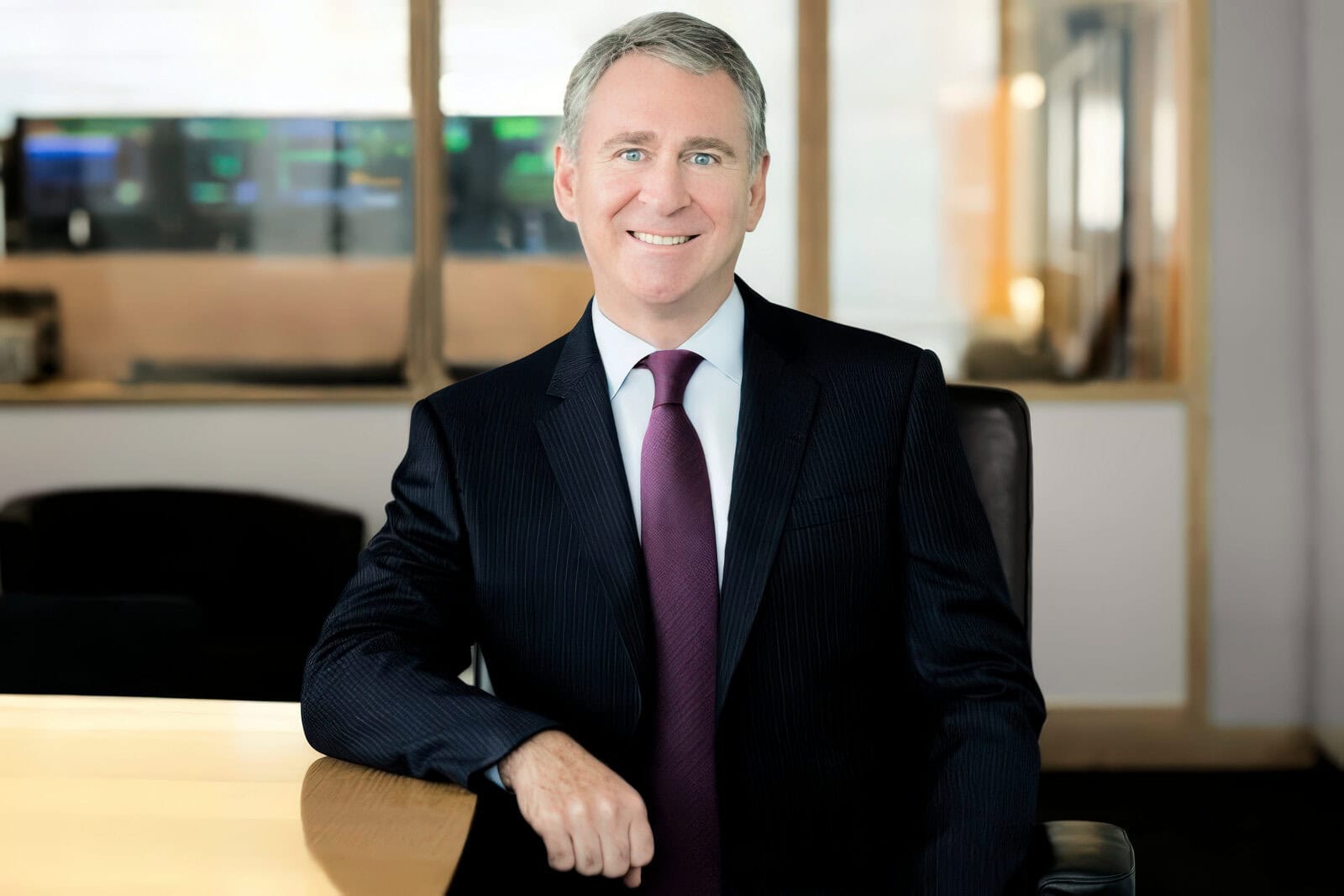$15 million latest gift to hospital by Ken Griffin raises his philanthropy well over the $2 billion mark

Ken Griffin, the billionaire founder and CEO of Citadel, has become one of the most significant philanthropists in the country, with a strong focus on healthcare, education, and cultural institutions.
His recent $15 million gift to Mount Sinai Medical Center in Miami is part of that growing legacy.
The donation is helping fund a new five-story medical facility, the Kenneth C. Griffin Center, which expands emergency, primary, and specialty care for South Florida residents.
Located in Hialeah, the center will serve an essential role in bringing advanced medical services to a diverse and often underserved population.
Griffin has no formal ties to the hospital’s leadership or operations—his relationship with Mount Sinai is entirely philanthropic. His gift is part of a larger pattern of giving in South Florida, where he has made several transformative healthcare donations in recent years.
This includes a $25 million gift to Nicklaus Children’s Hospital to help create a new surgical tower and a $20 million donation to the University of Miami Health System to support a new outpatient facility bearing his name in Palm Beach County.
He has also donated $16 million to Lurie Children’s Hospital in Chicago and over $125 million to the University of Chicago for medical and research initiatives.
Beyond healthcare, Griffin’s philanthropy has touched many fields. He gave Harvard University a historic $300 million, the largest single donation in its history.
He has also supported cultural institutions such as the Art Institute of Chicago, the Museum of Modern Art, and the American Museum of Natural History.
In total, Griffin has contributed more than $2 billion across all areas, spanning education, medical research, healthcare, the arts, and civic causes.
Although Dr. David Stark, formerly of Mount Sinai Health System, has been hired as Citadel’s first chief medical officer, there’s no operational connection between Citadel and Mount Sinai.
Stark’s hiring reflects the firm’s investment in employee health and global medical guidance, not a formal partnership related to Griffin’s donation.
Ken Griffin’s giving is strategic, large-scale, and focused on lasting impact.
He is steadily building a philanthropic legacy that is reshaping healthcare, education, and public institutions in both Florida and beyond.
Griffin is the founder and chief executive officer of Citadel, a global alternative investment firm.
He began trading from his dorm room at Harvard in 1987, installing a satellite dish on the roof to receive real-time stock quotes.
Three years later, he founded Citadel, believing that the integration of exceptional talent, advanced quantitative analytics, and leading-edge technology would generate consistent, strong long-term performance.
Today, the firm is recognized as one of the most successful alternative investment firms in the world, investing on behalf of capital partners that include preeminent public, private and non-profit institutions.
In 2002, the team at Citadel established Citadel Securities, now one of the world’s leading market makers. Citadel Securities has been at the forefront of modernizing markets and market structures, delivering enormous benefits to investors globally.
Its institutional business serves more than 1,600 clients, including many of the world’s most significant sovereign wealth funds and central banks.
Over the past two decades, Citadel Securities has advocated for and created more open, transparent, competitive, and resilient markets, both in the US and abroad. Ken is the Non-Executive Chairman of Citadel Securities.
Ken has contributed well over $2 billion philanthropically in recent years, including catalytic giving to expand access to high-quality education at every level, advance medical research, reduce recidivism and violent crime, enhance public spaces, and support our country’s world-renowned cultural institutions.
Ken holds an A.B. in economics from Harvard College and serves on several boards that reflect his commitment to driving upward mobility through economic and educational opportunities, as well as his passionate support for cultural institutions that enrich our lives and communities.

